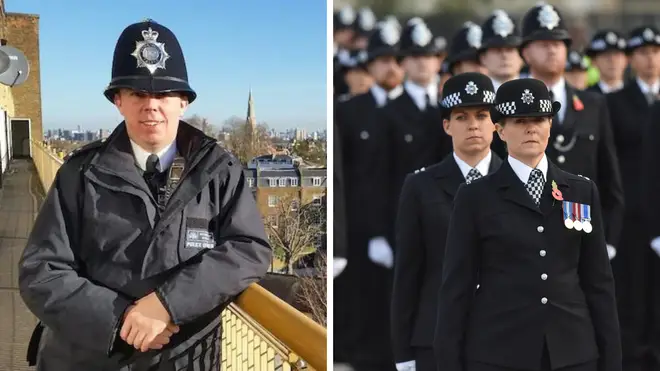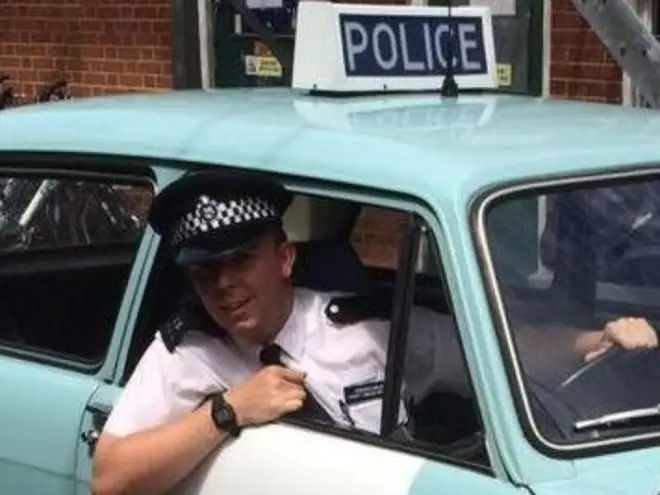
Clive Bull 1am - 4am
21 March 2023, 07:17 | Updated: 21 March 2023, 07:50

The publication of the Casey Review today is a pivotal moment for policing and London.
Examining the Met's culture and standards, it raises serious questions - but the review also presents an enormous opportunity to reboot the fight against crime and disorder in London.
Even in the absence of the horrendous murder of Sarah Everard back in March 2021, the Met has gone far too long without a major turnaround - and certainly nothing on the scale of the change that Bill Bratton and Mayor Giuliani brought to the NYPD in the 1990s.
The Macpherson Report of more than twenty years ago undoubtedly left an indelible mark on policing following the murder of Stephen Lawrence, but it failed to coalesce into the fundamental turnaround the Met was crying out for, even then.
Casey must be different.
New York's burning platform for change was a city lost to crime and an accompanying economic and social collapse. There was a very real and serious political and economic imperative for change.
London is a different city, but the seriousness of events leading up to and ultimately captured by the Casey Review should not be viewed in isolation from the broader turnaround that the Met needs.
The Review's hundreds of pages will need to be properly digested and acted upon, but police chiefs and politicians must do all they can to ensure that the fight against crime and disorder and support for good cops isn't lost sight of, but seen as essential and complementary - and resourced appropriately.
Some of the most serious offences we see committed on our streets are the product of criminals going undetected, or otherwise permitted to continue and escalate their offending, with devastating consequences.

We might be a far cry from NYC's crime numbers, but Londoners don't need much convincing of the need for getting a grip of crime and disorder, and the fundamental truths remain that crime hits the poorest the hardest.
The biggest threat to the safety of Londoners doesn't come from police officers, it comes from criminals.
The Commissioner and his top team will undoubtedly be determined that in the aftermath of Casey, their response doesn't end up as a handling exercise run out of a bunker.
They should use the Casey Review as a bunker-buster, to demolish and blast through the barriers and blockers that get in the way of delivering the world-class policing that Londoners pay for, expect, and deserve.
We've already seen the Commissioner begin to take on the issue of mental health services impacting policing and also weak sentencing in violent crimes. It is a welcome start, but must only be the beginning.
Internally, from technology, to training, to HR, to procurement, and estates - including the multitude of outsourced providers and contractors - all would benefit from testing that they are focused on what really matters, and ensuring that they contribute all they can to the fundamental mission.
The response from everyone must also consider that we need good police officers - they are essential to the functioning of our society. In rightly excising the bad, care must be taken to not jettison or deter the good.
This fundamental mission is what makes policing unique: fighting crime and disorder, and protecting Londoners.
If we are to see safer streets and world-class policing in London, then everything the Met does must be related back to this mission - including responding to the Casey Review and the very serious issues of management, leadership and resourcing that it raises.
Rory Geoghegan is a former No10 Special Adviser on crime and justice and Direct of the Public Safety Foundation.